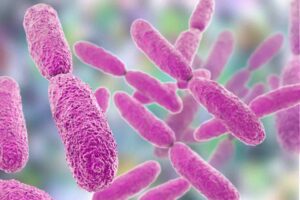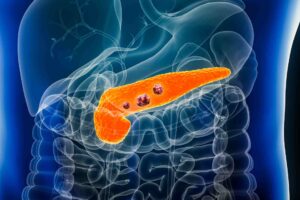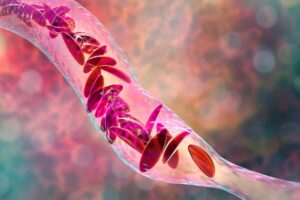Gastroenterology
Gastroenterology, Oncology
The findings of a recent study suggest that tilimycin-producing bacteria can cause genetic mutations in the colon and increase a person’s susceptibility to disease.
Gastroenterology, Neuroscience
The study reveals a connection between gut microbiome changes and the most prevalent form of alcohol misuse in adolescence, occurring even before the onset of addiction.
Gastroenterology, Pediatrics
The findings of a new study suggest that mothers transmit bacteria to their infants through multiple routes — a process that ensures that babies receive essential microbes.
Gastroenterology, Oncology
The findings of a new study suggest that the microbial metabolite 3-IAA could help to treat PDAC.
Gastroenterology, Nutrition
Specific gut bacteria and/or metabolites could be responsible for the differential responses to weight management.
Gastroenterology
The results of the study showed that exposure to metal oxide nanoparticles led to changes in the microbial populations
Gastroenterology, Pediatrics
The findings of a new study suggest that mycobiome maturation and infant growth trajectories are linked.
Gastroenterology
The findings of two recent studies published in Cell Host & Microbe may help to develop new diagnostic tools and better animal models of ME/CFS.
Endocrinology, Gastroenterology
The findings of a new study indicate that gut commensals may contribute to obesity through the overproduction of microbe-derived lipids.
Gastroenterology, Scientific research
The findings of a recent study suggest that the availability of iron can reshape the composition of the gut microbiota in irreversible ways.











